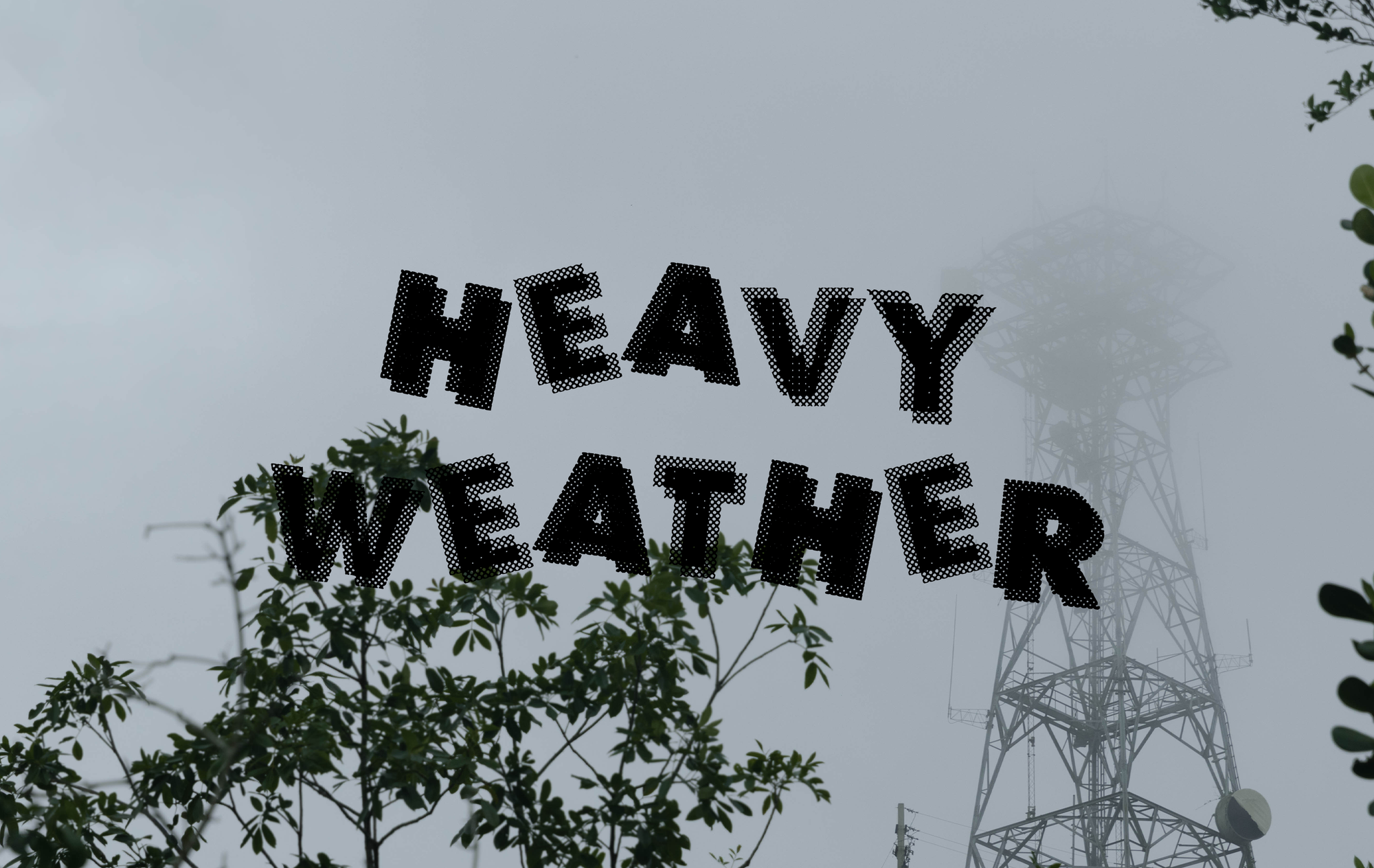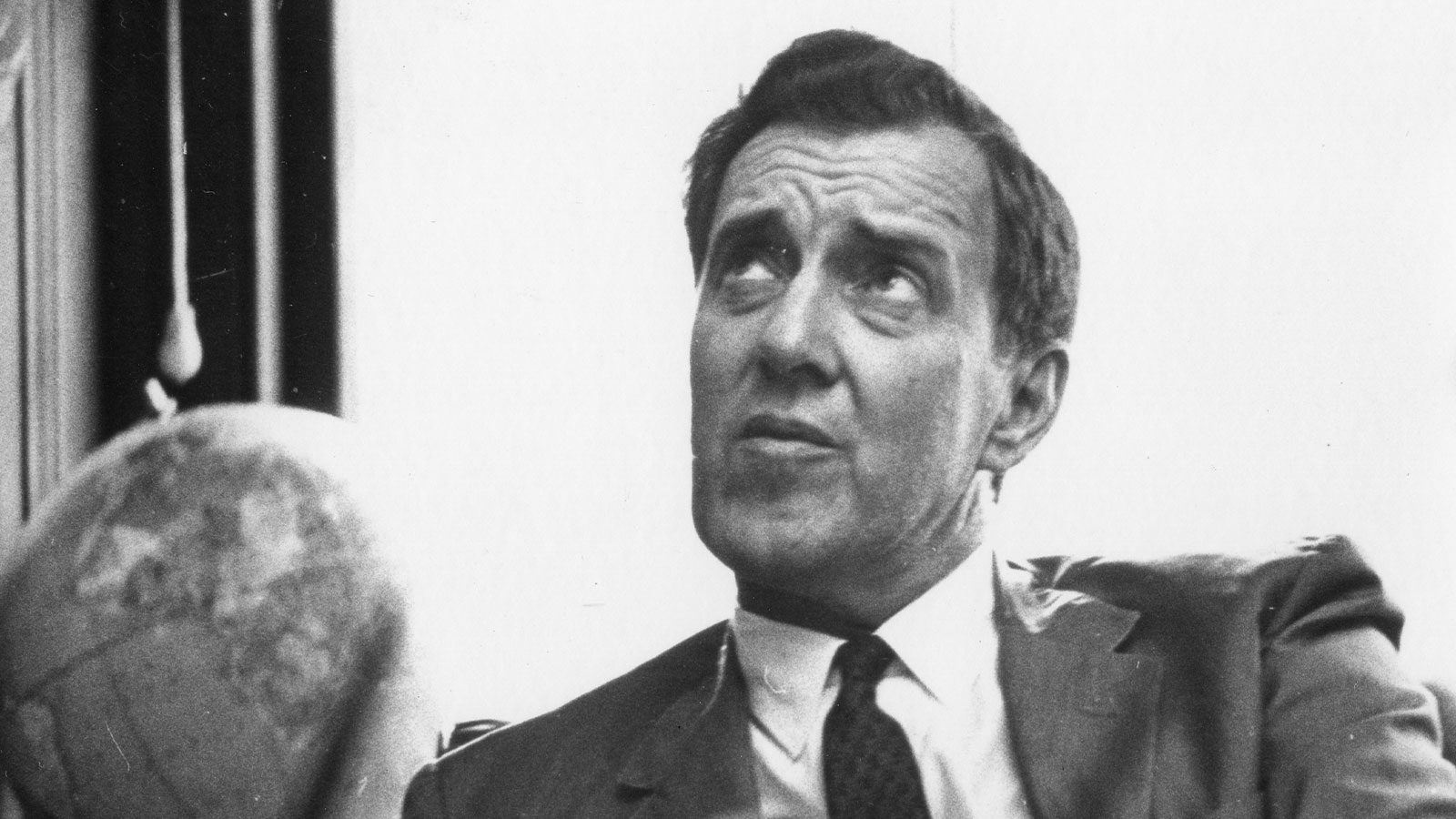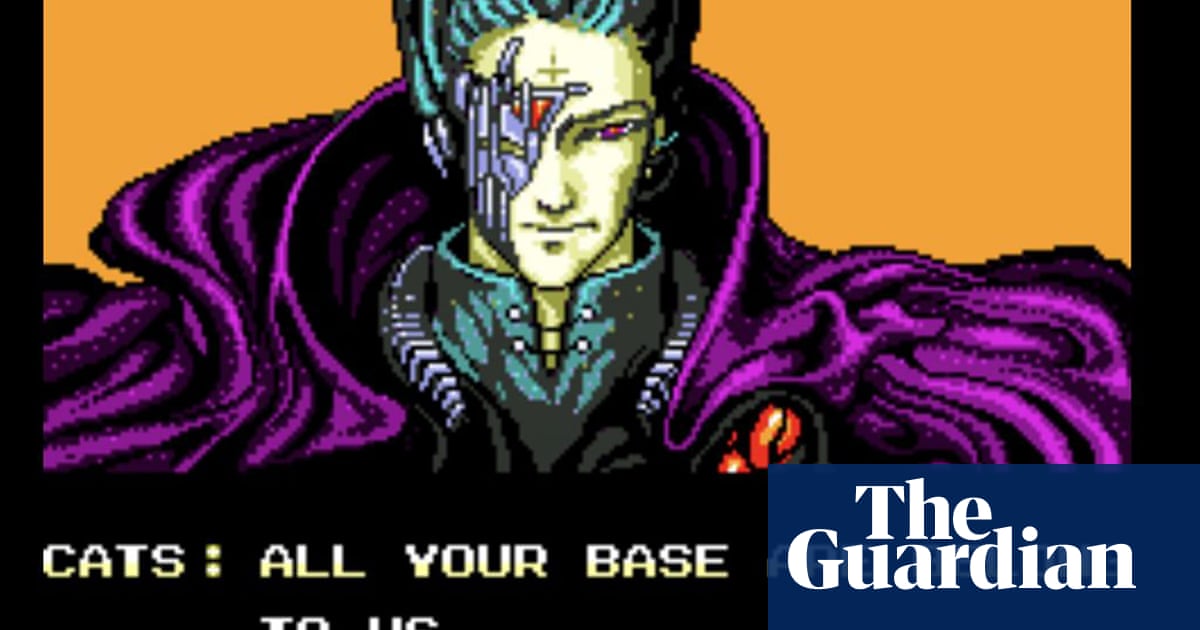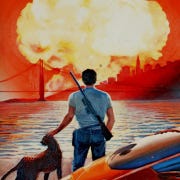August 13 Life Updates and Reading Recommendations
Here are a bunch of life updates and reading recommendations

Hi! I know it’s been a while since you’ve seen Heavy Weather in your inbox. Sorry about that, but between freelancing and some bigger projects, I have been too busy to write anything substantive for the newsletter. However, we will go back to regularly scheduled updates once August ends and I have hopefully kicked into gear again. For now, though, here are some life updates and stuff that you can read/listen to in the meantime.
Heavy Weather is now being written by “award-winning journalist Carlos Berríos Polanco” because I won the National Journalism Award for Best Written Feature Story at the 30th Puerto Rican Journalists Association Awards two weeks ago. That will be the last time I purposefully mention it in one of these newsletter posts unless it’s on my about page or my résumé. It came as a welcome surprise, especially because on the submission form I misspelled the association’s name as “ASSPRO” and not “ASPPRO,” like it’s supposed to be written.
You can read that story that won here:

The story was published as a collaboration between 9 Millones, a solutions journalism outlet focused on stories about Puerto Rico from Puerto Ricans, and Proximate, a nonprofit newsroom that focuses on covering participatory problem solving. 9 Millones is currently running a subscription drive to help support their journalism. Go help out if you can and subscribe to their newsletter. Shout to Camille and Laura for being incredible editors!
Here's a list of things I'm working on for Heavy Weather.
Over the last two months, I played through Shin Megami Tensei: Strange Journey, which is what parents thought Pokémon was when they were calling it "satanic" in the 90s. I've always been intensely interested in Apocalypticism and how media portrays the end of the world, so I'm writing a post that's half review, half think piece about the game and how it portrays human-caused climate change. The music absolutely bangs too.

If you follow me on Twitter, you may have seen me posting about Puerto Rico's first nuclear reactor that was decommissioned less than a decade after it was first built, the United States Atomic Energy Commission injecting trees in the El Yunque rainforest with radioactive isotopes to blow a canal in Panama using nuclear weapons, and the US Army Biological Laboratory testing a rainbow of herbicides – like Agent Orange – in the archipelago.
Good news is I'm writing about all of this for a series of articles that might eventually turn into podcasts. Bad news is researching these events and scheduling visits to these places is a pretty time consuming. But trust me these articles will be coming before the end of the year.
So, I have found new information. Not only were Agent Orange and White tested, but also Purple and Blue, alongside other contact herbicides https://t.co/yI1B4iHMnV pic.twitter.com/d7p9OoTLg0
— carlos (vibe describer) (@Vaquero2XL) July 16, 2024
We're currently preparing for Tropical Storm Ernesto, which will hit between Tuesday night and Wednesday morning. Hopefully it stays a tropical storm and doesn't get stronger because the archipelago is not prepared for it in the slightest. I – alongside about 11% of Puerto Rico – lost electricity while I was writing this newsletter on Monday afternoon. LUMA Energy, the private American-Canadian consortium that controls transmission and distribution of electricity, has said there will be a "high level of interruptions" as a result of the storm, which has become the norm during even the lightest of rains. Vieques, one of Puerto Rico's island municipalities, is already running out of fuel and the ferry service between it and the big island will likely be cut on Tuesday.
Government agencies are already urging people to individually prepare for the storm and the subsequent flooding. As I wrote about here (in Spanish), the emphasis on individual preparation – while important and necessary – serves to deliberately obfuscate the government's own lack of preemptive action and preparation to assure the safety of the population. I will probably write a longer newsletter post about it after the storm ends.
I will be bumming around the archipelago most of Tuesday and Wednesday covering the preparations for and the aftermath of the storm.

From August 19 to August 22, I will be in Chicago covering the protests that spring up around the Democratic National Convention. From the chatter I've seen online, people are not super sure what to expect but they are preparing for some pretty major police repression as likely tens of thousands of protesters descend on the city to protest the US-backed genocide in Palestine by Israel. You can probably expect a reflective newsletter post after the convention is finished.
I was super happy to be working for my first ever journalism editor Julio Ricardo Varela again over at The Latino Newsletter. Julio was the first person to publish something I wrote and then later gave me my second ever journalism job, so I quite literally would not be here without him.
I’m going to be intermittently covering Puerto Rico’s elections over there. My first two articles were meant to be published as a one-two punch but elected officials took way too long to get back to me so it was published as a one-wait a week-two punch. However, I think the stories came out really well. Their meant for people who know next to nothing about Puerto Rico's politics, so you can read them and impress your friend's about how much you know about the world's oldest colony.
For some reason, I can't embed them like I did with the other articles above and below but here they are:
Part 1 - Puerto Rico Elections Enter Uncharted Territory
Part 2 - Puerto Rico's Populares at 2024 Electoral Crossroads
I will probably be publishing something about the DNC protests on there as well, so stay tuned.
Here's some very good journalism/writing/podcasting that you can read while you wait for the next newsletter post.
Like I said above, I've always been very interested in the end of the world and nuclear weapons have become an intrinsic part of apocalyptic fiction for decades, even before the US dropped nuclear bombs on Nagasaki and Hiroshima. Nuclear historian Alex Wellerstein's newsletter has been a must-read for me since he first started publishing. The newsletter has several good articles, but this one about the claustrophobic design of the War Room in Dr. Strangelove is a good introduction to the vibe of the newsletter.

Molly Conger, journalist extraordinaire and dog mom, has a new podcast with Cool Zone Media about the worst people you've never heard of called "Weird Little Guys." The first episode absolutely rips and Molly is one of the main people that inspired me to get into journalism. The first episode is all about the fake Voltaire quote "To learn who rules over you, simply find out who you are not allowed to criticize, which was actually said by Neo-Nazi Kevin Alfred Strom.
Next on the list of journalism icons is Puerto Rico's Center for Investigative Journalism. This article goes into detail about how the rich people who move to Puerto Rico to avoid paying their taxes are getting away with not meeting the (very easy to meet) minimum requirements necessitated by the archipelago's tax evasion law for foreign millionaires. Act 22, later rolled into Act 60, has been extremely controversial because 43% of the archipelago lives below the poverty line but the government is obsessed with providing wealthy outsiders with ways to stay rich, instead of protecting the average person.

Part of the reason that the effects of climate change are so bad right now is because the multi-national corporations that caused climate change and the governments that allowed it to happen or encouraged it lied about what they knew and when they knew it. The truth is that lots of powerful people knew about what pumping tons of CO2 into the atmosphere would cause but they kept doing it because it made them a lot of money.

Lastly, if we want to save the planet, we might have to stop shitposting.







